Along with carbohydrates, fats and water, protein is one of the nutrients the human body requires in relatively large amounts and is therefore classified as a macronutrient (as opposed to micronutrients which are just as important but required in much smaller quantities).
Although proteins contain the same number of calories per gram as carbohydrates (~4Cal/g), protein is not usually used as an energy source when fats and carbohydrates are consumed in adequate amounts in the diet, though they can be when stores are low.
When Proteins are digested, they are broken down into amino acids that perform numerous roles in the human body. Some of these amino acids are essential which means they must be consumed through our diet and others are non-essential and can be made by our bodies.
Amino acids act as a building block for healthy bones, skin, nails, cartilage, and blood. They are fundamental in the formation of enzymes, hormones and neurotransmitter as well as being the most important macronutrient for muscle and nerve repair.
You’ll find small amounts of protein in most foods including nuts, cheeses and even fruits and vegetables but to get adequate protein intake from your diet it’s important to include higher protein foods like meat, poultry, seafood, eggs, tofu, tempeh and yoghurt, all of which contain complete proteins containing all of the essential amino acids your body needs for optimal function.
Most vegan sources of protein are incomplete and less bioavailable than those from animal sources so it is important that vegans include a variety of different types of proteins to cover their requirements. I also recommend my vegan clients consume more protein than they theoretically require compensating for the reduced bioavailability.
Depending on your weekly activity levels and goals you may need anywhere from 0.8g-3g of protein kg of body weight per day. To get a better idea of the right protein intake for you use our macro calculator or contact us via our contact page if you’d like to book a consultation with any of our experienced team.
THE CARBOHYDRATE CONFUSION
Carbohydrates, like protein & fats, are one of the three main macronutrients. Of all the macronutrients carbohydrates are the most vilified… so why do carbohydrates cause such confusion these days? I would say it’s as simple as a lack of balanced information so let’s clear some things up.
Supplying 4Cal/g of carbohydrate is the fastest digesting macronutrient and can provide quick, easy energy for the body to utilize.
Apart from simply acting as a fuel source, carbohydrates are involved in many other functions that help the body run optimally including gut health, blood sugar maintenance and healthy cholesterol maintenance. Further to that, they are the only fuel that can be used to provide energy in certain cells in the human body (including brain and red blood cells).
But as they say, not all carbs are created equal so let’s look a little closer into the types of carbohydrates that reside in our food.
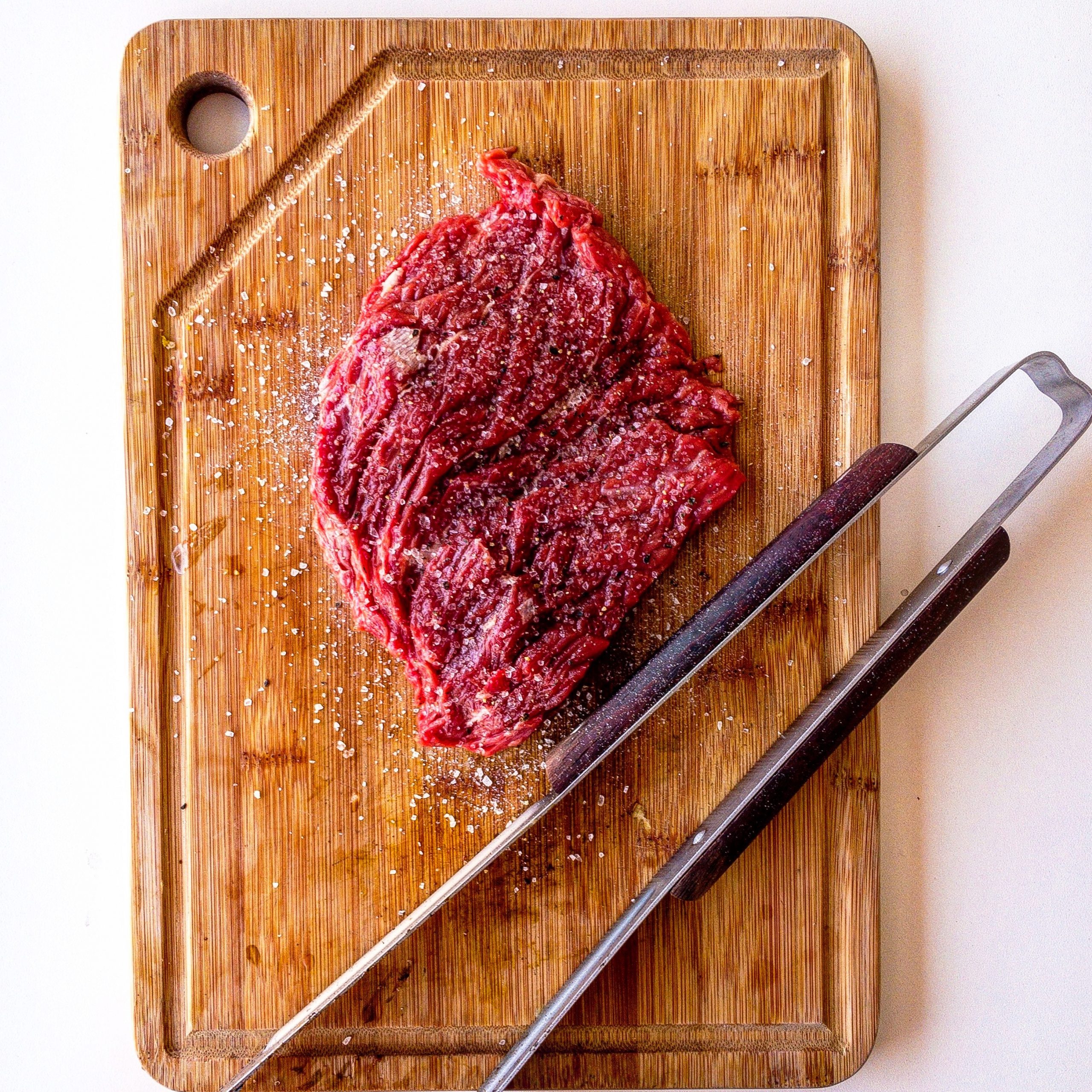
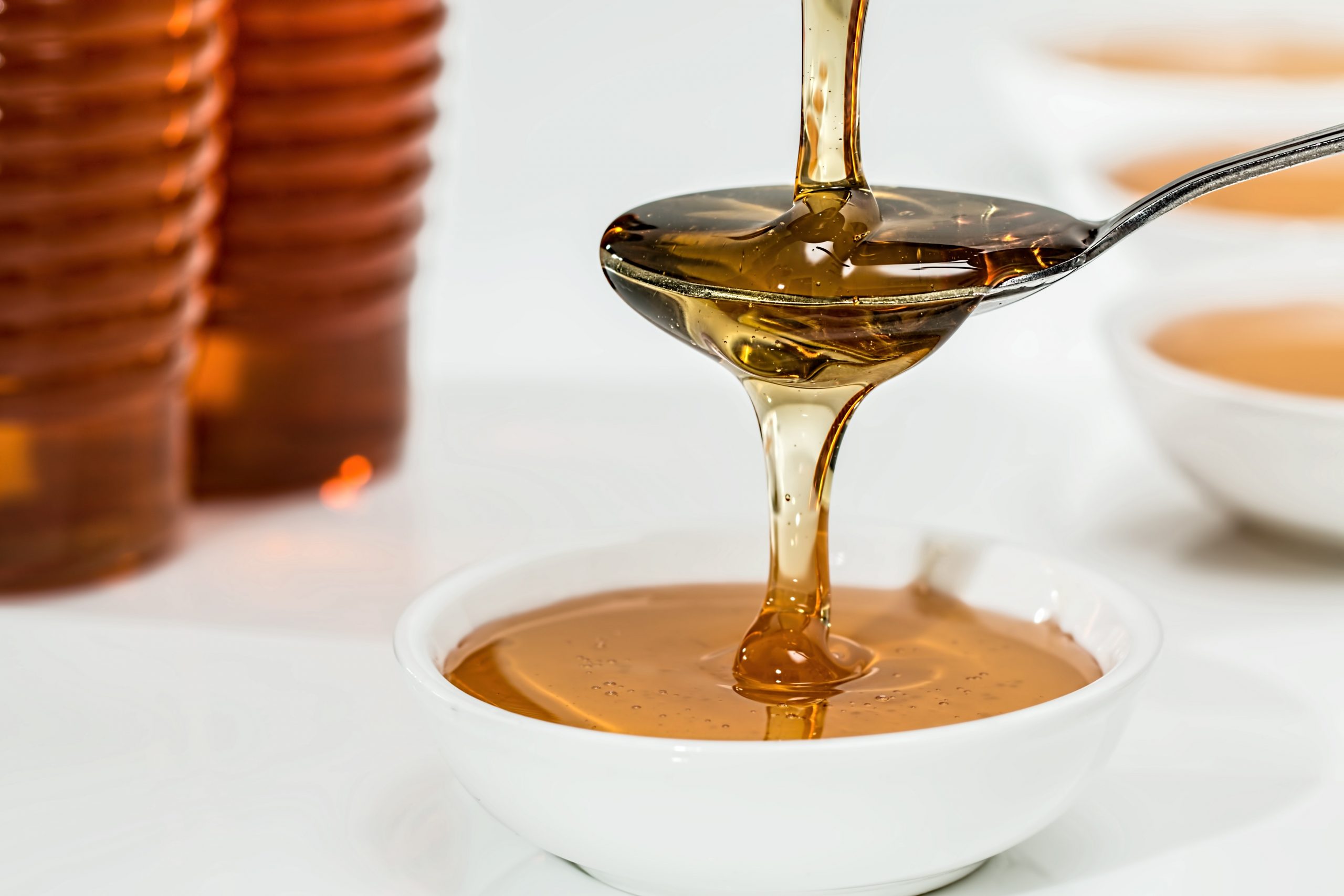
Simple carbohydrates are small carbohydrate molecules like glucose and sucrose (table sugar) that can be rapidly digested, absorbed and used as “fast energy”. Simple carbohydrates may be useful during or post intense exercise/training or for people experiencing a hypoglycaemic attack. Simple carbohydrates are commonly found in fruits, sweeteners such as Honey and Maple Syrup along with lollies and cakes etc.
Complex carbohydrates are long chains of simple carbohydrates strung together. To be used, these chains must be broken down via digestion into simple carbohydrates. This process of progressive digestion means that complex carbohydrates release energy more slowly and consistently maintaining more balanced blood sugar and energy levels throughout the day. Complex carbohydrates can be further defined as Starch, Resistant Starch and Fibre.
Starch is readily broken down into simple carbohydrates providing fuel for the body. Common starch-containing foods include peas, corn, potato, legumes, pasta, rice, and grains.
Resistant Starch, often considered the third type of Fibre, is a component of starch that makes it through the small intestine to the large intestine undigested where it provides nourishment for the microbiome promoting healthy digestive function. Breads, pasta, legumes such as lentils, chickpeas, red kidney beans and baked beans, nuts, some seeds, starchy vegetables, and firm bananas all contain resistant starch.
Finally, fibre can be soluble or insoluble. Soluble fibre can be found in some vegetables and fruits, oats, lentils, legumes, nuts, and seeds. As the name suggests, soluble fibre dissolves in water and forms a thick gel in the digestive tract slowing transit time, softening stools, keeping us feeling fuller for longer and helping to maintain healthy blood sugar and cholesterol levels. Insoluble fibre can be found in vegetables and fruits (particularly skins), legumes, breads, grains, nuts, and seeds and adds physical bulk to your stools speeding up the removal of waste from your gut.
Now that you are armed with some knowledge and have a better understanding of the benefits of carbohydrates the next step is to figure out what carbohydrate intake works best for you. Click the link here for our macro calculator or if you would like a little extra help or to learn more contact us via our contact page and you can book a consultation with any of our experienced team.
Functional Fats
Fats are an energy packed macronutrient containing ~9Cal/g. Though fats are the highest in energy they are also the slowest to digest which can help keep you satiated. Fats are also essential for energy production, cell growth and integrity, heat production, fat-soluble nutrient uptake and hormone production.
We need all types of fats in our diet, but we need more of some than others so it is important that we clarify the differences in the types of fats contained in our food!
Saturated fats are fats that are saturated with hydrogen molecules which means they contain no double bonds between carbon molecules in their fatty acid chains. The result of this saturation is fats that can “stick” tightly to one another increasing their melting point and making them solid at room temperature. While consuming normal amounts of saturated fats is perfectly safe, large amounts of saturated fats in the diet have been shown to increase LDL (“bad cholesterol”) levels in the blood so be mindful of consuming large amounts of fatty meats, poultry with the skin, lard, cream and some cheese.
Trans fats are oils that have been hydrogenated, they are almost all manufactured and have been shown to not only increase LDL levels but also decrease the protective HDL Cholesterol in our blood. Trans fats initially became popular in the food industry because they were tasty, cheap, improved food texture and have a long shelf life.
Though we now understand the negative health implications of these fats, they still make it into the foods on our supermarket shelves and in fast-food restaurants. Minimising fried foods (e.g. doughnuts), baked goods, biscuits, frozen pizza/pies, cookies, crackers, stick margarine and other spreads will significantly reduce trans-fat intake.
Polyunsaturated fats are not saturated with hydrogen molecules and therefore contain several double bonds. These double bonds create kinks in the fatty acid chains stopping them from compacting tightly together, this makes their melting point a lot lower and therefore they are usually liquid at room temperature.
In contrast to saturated fats, polyunsaturated fats have been shown to have a beneficial impact on heart health by lowering LDL cholesterol and in the case of omega fatty acids research also indicates a beneficial impact on HDL cholesterol.
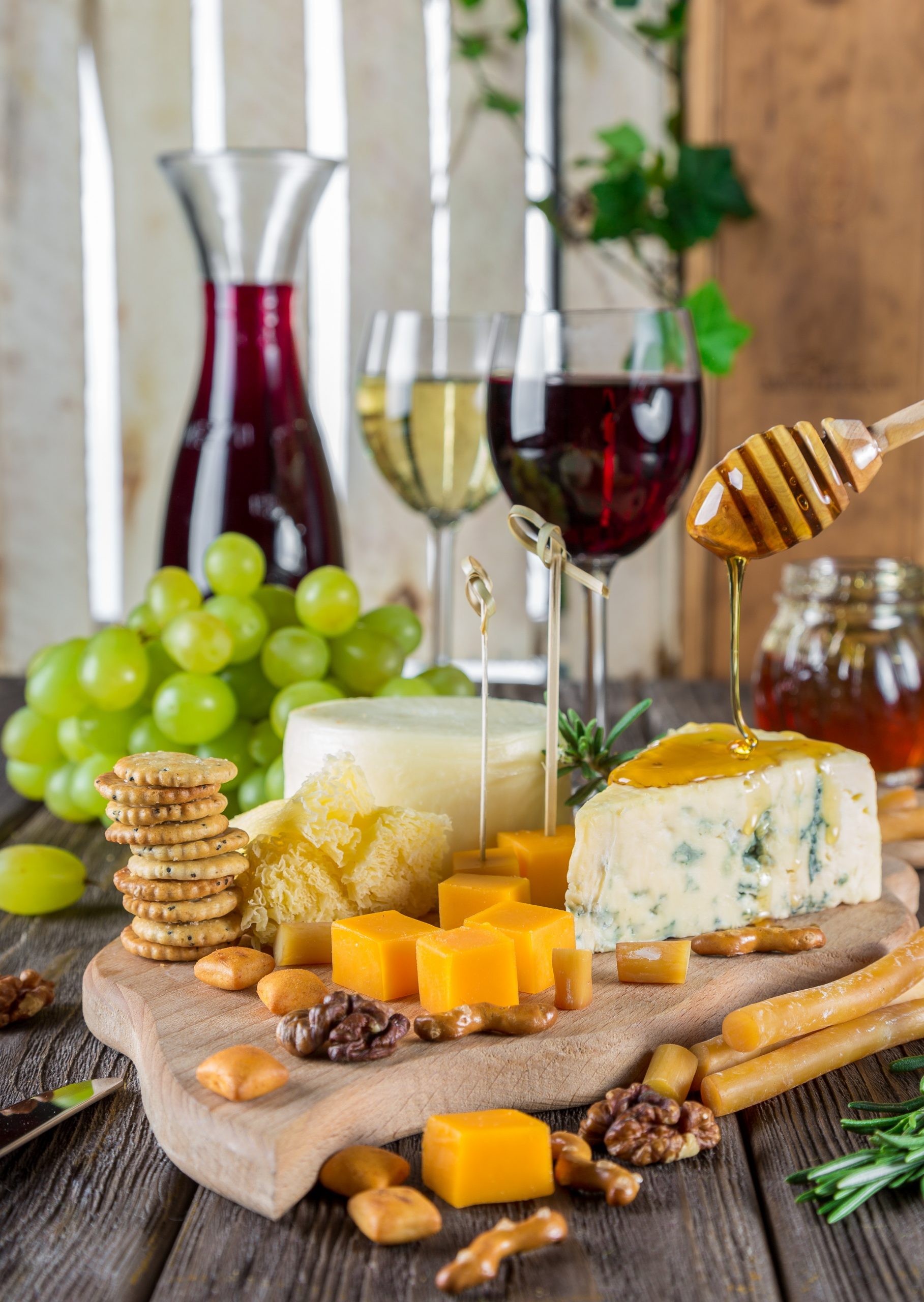
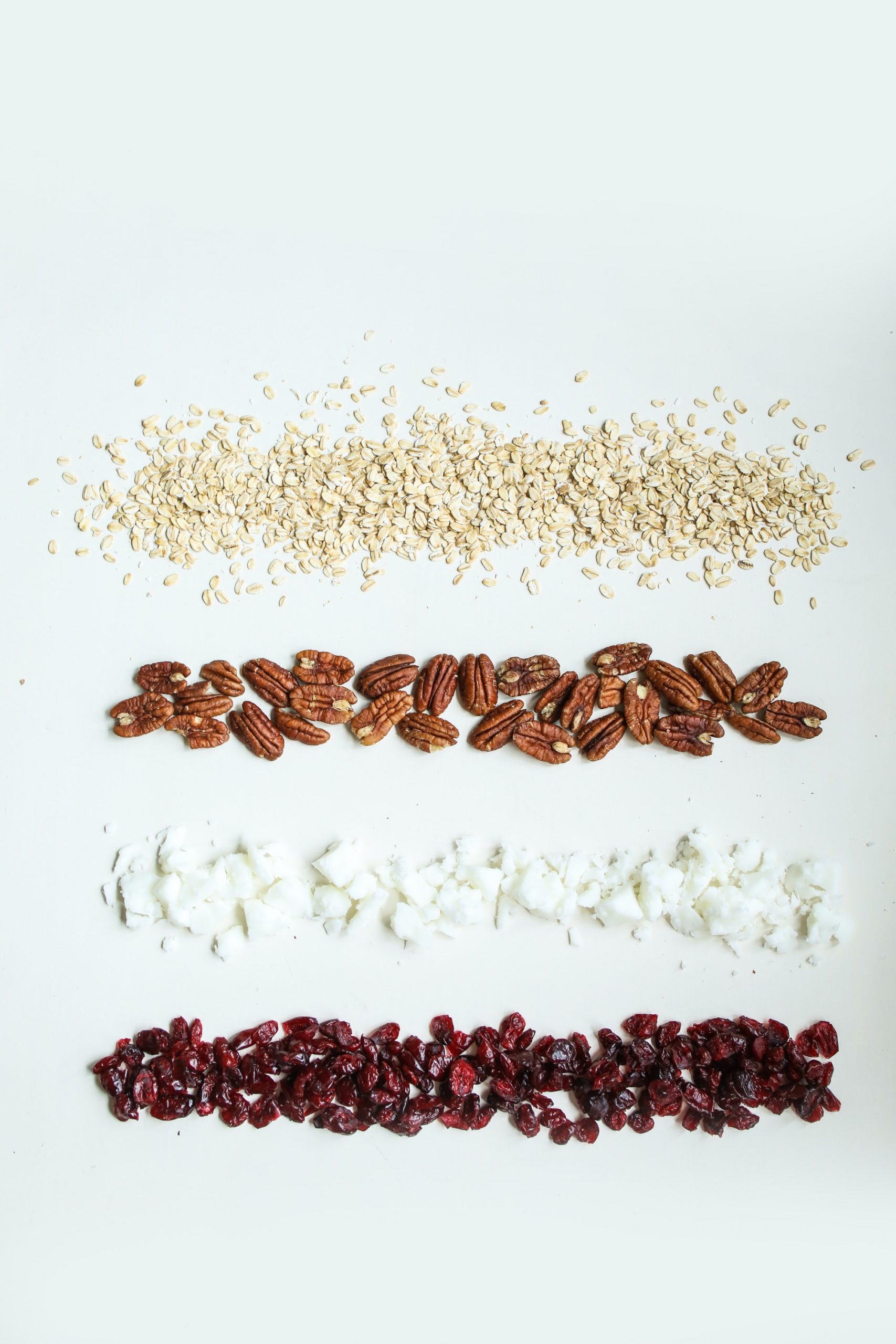
Polyunsaturated fats can be found in Walnuts, Sunflower & Linseeds, Fish, Flax & Safflower Oil
Monounsaturated Fats are also unsaturated fats, but they only contain a single double bond. Again, these fats are usually liquid at room temperature and like polyunsaturated fats can help reduce LDL cholesterol levels in your blood and risk of heart disease. Mono and polyunsaturated fats also contribute Vitamin E to the diet which acts as a potent antioxidant.
Monounsaturated fats can be found in Avocado, Almonds, Hazelnuts, Peanuts, Pecans, Olives, Pumpkin & Sesame Seeds, Olive, Peanut and Canola Oil
A well-balanced diet consists of largely poly and monounsaturated fats with a limited intake of saturated fats. Personally, I recommend avoiding trans fats wherever possible.
IRON
Iron performs numerous roles in the human body including transporting oxygen around the body, synthesising DNA, improving metabolism, and producing neurotransmitters.
Iron comes in two forms in food, heme which has a higher absorption rate & non-heme iron which is less efficiently used by the body.
Heme iron is exclusively found in meat, poultry, seafood, and fish and has a much higher absorption rate that it is counterpart non-heme iron. Non-heme iron can be found in animal products, vegetables, legumes, nuts, seed, and even dark chocolate and has a lower absorption rate. This simply means you would need to eat significantly more of it to cover your requirements. Some good sources of non-heme iron include spinach, kale, soybeans, lentils, almonds, cashews, pistachios and pepitas.
The absorption of non-heme iron can be improved by including vitamin C rich foods likes citrus fruits, dark leafy greens, capsicum, melons, or strawberries to heme iron-containing meals. The vitamin C and non-heme iron combine to form an iron chelate complex. This increases the solubility of iron in the small intestine and therefore increases its uptake.
Nutrition Australia recommends 8-18mg Iron daily (this double with a vegetarian/vegan diet) and it is important to note that women who are pre-menopausal require a higher iron intake.
MAGNESIUM
Ask ANY of my clients and they will tell you that magnesium is king in my practice.
To kick us off you should know that magnesium is required in more than 300 biochemical reactions in the human body… wow right!
Aiding in energy production, protein synthesis, maintaining healthy blood glucose, supporting immune function, and acting as a muscle and nerve relaxant, there’s just not much magnesium isn’t beneficial for. As if all of that was not enough magnesium also helps improve sleep which in turn improves everything from sports performance and recovery to stress managements, improved metabolism, and improved hunger/satiety response.
From mental stress at the office to physical stress at the gym, our demand for magnesium is higher than ever. Including food sources like seafood, pepitas, brazil nuts, cashews, spinach, lentils, oats and avocado will help with demand, but I’ve found that the vast majority of my clients benefit greatly from introducing a magnesium supplement into their health routine. If you are unsure of the best magnesium supplement for your needs, please hit us up via our contact page and we’ll be glad to help you out.
Magnesium intakes vary significantly depending on your activity levels and doses anywhere from 250-420mg a day may be required for optimal function.
FOOD RELATIONSHIPS AND SOCIAL PRESSURES
In my 15+ years consulting as a nutritionist I’ve been developing a growing concern about the relationship many of my clients and friends have with food these days.
The pressure to fit a certain mould has pretty much always been around but what seems to have changed is how “in our faces” it is now. All-day every day we are exposed to social media influencers with no education promoting fad diets that they likely don’t even follow themselves or promoting products they don’t believe in. We even have doctors or “health professionals” on the news promoting diet pills and medical miracles, it’s no wonder people are confused about what healthy really is nowadays.
The answer guys have never actually changed. Being healthy has always relied on eating a balanced diet suitable for your lifestyle and requirements, drinking plenty of water, exercising regularly, prioritizing sleep and managing your stress. It’s a lifestyle, there isn’t now nor has there ever been a quick fix and nine times out of ten the only thing stopping you from being healthy is impatience, frustration or unrealistic goals.
When consciously or subconsciously we begin to compare ourselves to the influencers/role models around us we create waves of insecurity and self-doubt making us far more susceptible to buying into the extreme methods they promote. So we go ahead and buy the pills, follow the diet, train 6 hours a day and inevitably fail to reinforce the negative association we already had with ourselves and these negative associations then build affecting the way we relate to food and exercise.
From nourishing and moving our body we are now punishing it and why? Because someone you know nothing about told you, you could lose 10kg in 6 weeks and even though you knew that these results were probably unsustainable you bought in because you are feeling so poorly about yourself right now you’d do “anything” to drop that weight, regardless of how unhealthy it may be!
So how do we stop these thoughts from taking over our lives? We need to get realistic and redefine healthy…
Do you;
- Exercise for at least 60minutes 3 x a week?
- Eat a broad range of plant and/animal-based protein, a variety of vegetables, complex carbohydrates, nuts, and fruits?
- Eat a diet that suits your caloric needs?
- Drink plenty of water?
- Avoid processed foods?
- Limit alcohol consumption?
- Sleep 8 hours a night?
- Manage your stress?
If you said yes to ALL of the above, good going, you should be sporting a happy healthy body. You probably don’t look like the models/Insta celebrities that crop, angle and filter their way to a tight waist and bouncing booty but that is OK because YOU ARE REAL and YOU ARE HEALTHY!
If you said yes to ANY of the above… GREAT START you are on your way, sure you have room to improve but your efforts will create progress and progress will motivate you to make more positive change.
Let’s all team up and take “healthy” back. Let’s stop giving into instant gratification at the expense of long-term health and happiness. Let’s unfollow anyone who makes us feel badly about ourselves. Let’s work on the underlying issues that affect our self-esteem so that we can rebuild a positive relationship with our bodies and our food. Let’s get focussed on what counts… living a healthy life filled with family and friends who love us and simply want to see us HAPPY in ourselves!
CONSISTENCY FIRST!
How many times have you started on a fitness/health/fat loss journey, overcommitted, and burnt out before you’ve had a chance to make real progress?
Going from no exercise and mindless eating to a strict clean eating regime and training 7 days a week rarely leads to a positive long-term outcome because it’s just not a sustainable change.
So, this time let’s do it smart! What can you realistically commit to? Think time and financial commitment, think sustainability, think enjoyment.
Start with making better food choices and training/walking/playing sport 2-3 x a week. Get yourself a solid base then build on that.
Set goals and targets that are achievable and help you create a motivated mindset. Whilst you’ll naturally have athletic or aesthetic goals, make sure health is your main priority!
You’ll be living a long time in that body of yours, treat it with kindness.


CREATING CATASTROPHES!
Aiming to be “perfect” with your nutrition is a recipe for failure.
By all means, take responsibility for your choices and aim to be adherent but when you inevitably make a mistake, veer off course, or find yourself raiding the cupboard for something sweet don’t catastrophise it.
Learn the power of three simple words… Acknowledge, Accept, Move On.
Acknowledge your choice and try to be aware of why you made it (believe it or not it won’t always be a negative)
Accept that a small mistake/deviation simply won’t undo all of your hard work and there is no need to let a 200Cal cookie become a 5000Cal blowout nor is there any need to compensation for it triggering binge/purge behaviours.
Move on… when we catastrophise these situations we simply prolong our suffering and create poor food relationships.
Taking your perceived failure with you into the next day promotes a feeling of guilt, increases stress and increases the chances you’ll make more decisions that will take you off the path.
The power comes from taking back control whilst understanding that the real world will continue to happen all around you no matter how rigid you try to be. Perfect is an illusion, progress is what creates real sustainable change.
